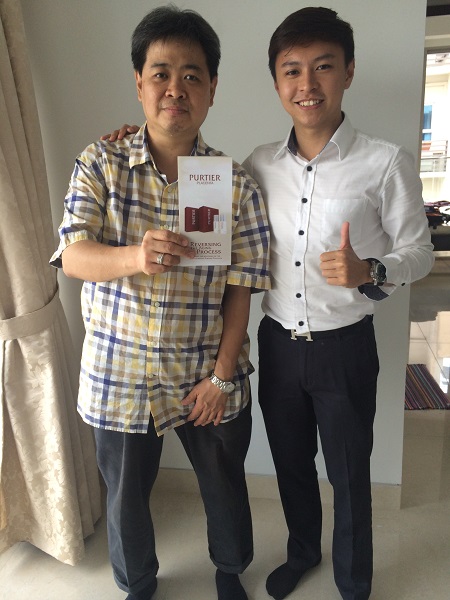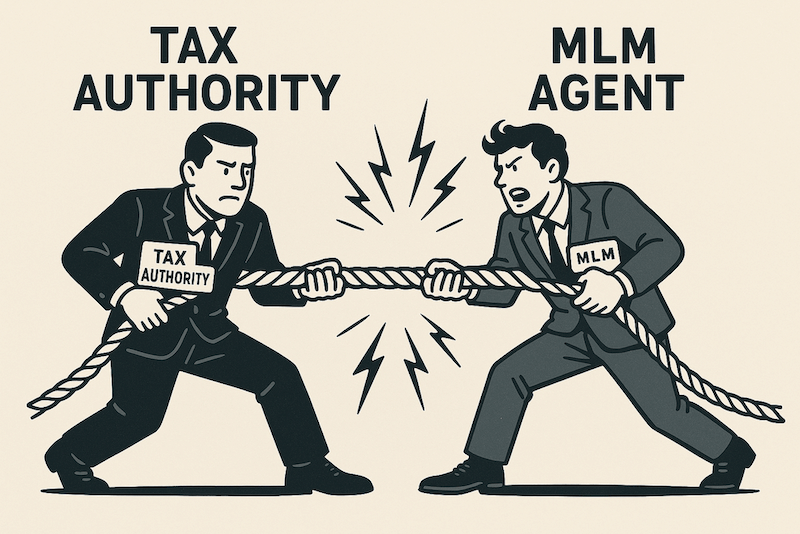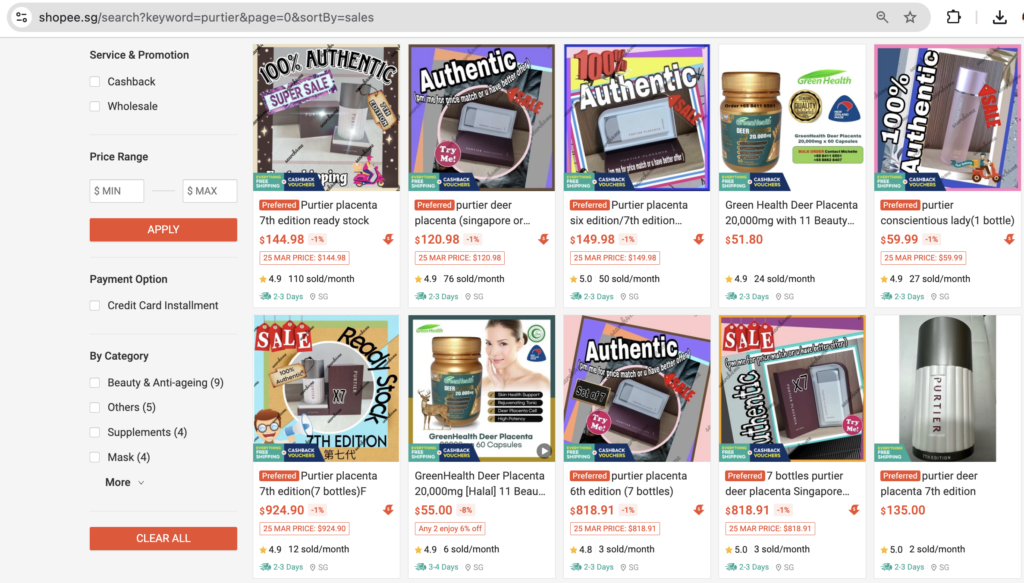Purtier Placenta 7th Edition Price 2025
What You Must Know Before Buying
If you’ve been wondering about the Purtier Placenta 7th Edition price in 2025, you’re not alone. With the growing demand for stem cell supplements and Riway International’s continued success, it’s important to understand both the pricing and authenticity of this premium wellness product.
My 12-Year Journey With Riway International
Since 2013, I’ve been a proud distributor with Riway International. Looking back, it’s been 12 incredible years watching lives transform through our flagship product — Purtier Placenta. From health improvements to financial opportunities, this product has consistently delivered value to both users and partners.

Back in August 2013, we were promoting the 4th Edition of Purtier Placenta. Fast forward to today, we’re now in the 7th Edition, stronger and more effective than ever.
What is the Price of Purtier Placenta 7th Edition in 2025?
The official price of Purtier Placenta 7th Edition in 2025 is S$3,988 for the Diamond Package, which includes 7 boxes. Each box contains 60 softgel capsules.
It’s worth noting that Riway has only slightly increased the price over the years — from the original S$3,688 — despite inflation and rising production costs. This reflects the company’s strong commitment to keeping this revolutionary product accessible while maintaining its premium quality.
✅ Important: Prices may vary slightly based on promotions, membership tiers, or official distributor arrangements. Always check with your trusted source.
⚠️ Beware of Fake Purtier Placenta on Online Marketplaces
As the popularity of Purtier Placenta continues to grow, unfortunately, so does the presence of counterfeit products, especially on platforms like Shopee, Lazada, and other e-commerce sites.
You may notice prices that seem “too good to be true.” That’s a red flag. These lower-priced listings are often:
- Gray market imports or unauthorized products
- Potentially expired, tampered, or counterfeit
- Sold without proper storage or handling (which affects potency)
🔒 Tip: For guaranteed authenticity, only purchase through authorized distributors or directly from Riway’s official Singapore offices — Ang Mo Kio HQ or Bedok HQ.
💡 Why Prices on Shopee & Lazada Seem Cheaper
Here’s why you may see lower prices online — and why they come with risks:
- Intense Seller Competition – Multiple vendors undercut each other for visibility.
- Regional Price Variations – Some sellers target price-sensitive markets.
- Bulk Sourcing Tactics – Direct imports without quality checks.
- Flash Sales & Vouchers – Temporary discounts can mask real value.
- Questionable Authenticity – Some sellers may unknowingly (or knowingly) distribute fakes.
While platforms like Shopee offer attractive deals, buyer beware — especially for health supplements. The stakes are simply too high.
✅ How to Buy Authentic Purtier Placenta in Singapore
To avoid risks, follow these steps:
- Contact an official distributor to guide you personally.
- Verify product seals and QR codes.
- Collect over-the-counter at Riway offices if possible.
- Ask questions, clarify doubts, and get personal advice tailored to your health goals.
🌟 Final Thoughts: Don’t Compromise on Health or Trust
The Purtier Placenta 7th Edition price in 2025 is a reflection of its unmatched quality, years of research, and real-world results. Don’t let counterfeit risks or questionable discounts compromise your wellness journey.
If you’re serious about your health — and want peace of mind — always go through official channels.










